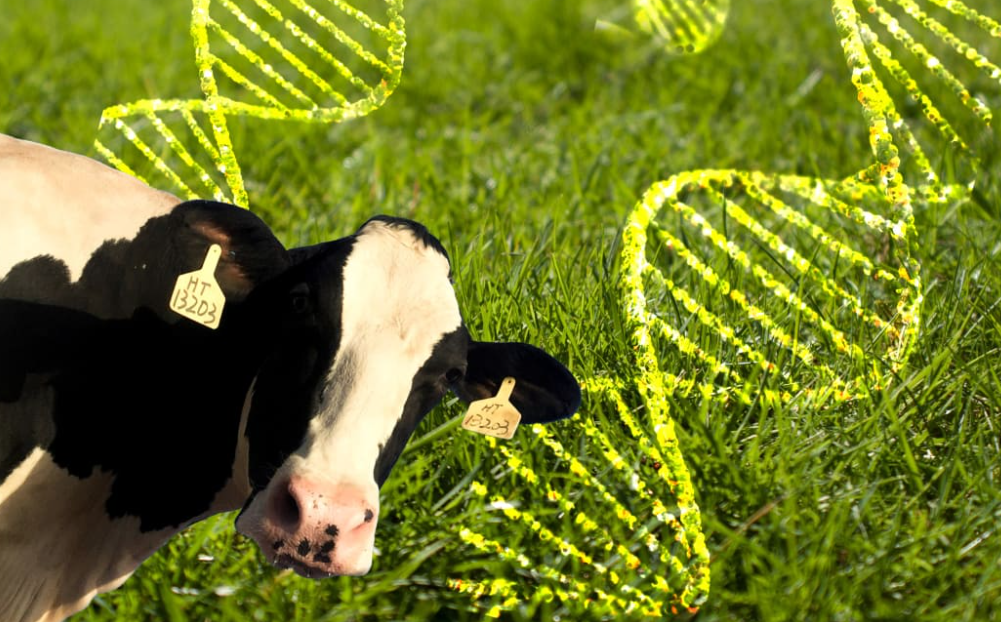Science
Gene Technology Bill Delayed Again as Coalition Partners Debate

Prime Minister Christopher Luxon has dismissed claims that coalition partner New Zealand First is responsible for the repeated delays in the Gene Technology Bill. Luxon stated that the government is deliberately taking its time to ensure the legislation, which has proven to be complex, is well-crafted. Originally scheduled for a report back from Parliament’s health committee on July 31, 2023, the deadline has been pushed back first to August 22 and then again to October 10.
During the first reading of the bill, New Zealand First expressed support but raised concerns about defining the parameters of gene technology. The party has committed to closely analyze the report from the select committee before determining its position on further support. If enacted, the bill would lift a three-decade ban on gene technology outside laboratory settings in New Zealand. A new regulatory body would be established within the Environmental Protection Authority to oversee these changes.
The National Party argues that New Zealand is lagging behind countries like Australia, Canada, and the United Kingdom, which have already embraced advancements in gene technology. The proposed regulatory framework aims to recognize foreign regulators that meet comparable standards.
At the bill’s introduction in December 2022, then-science minister Judith Collins emphasized that the legislation would not lead to unrestricted use of genetic technologies in New Zealand. “This change simply means that gene technologies have a pathway to regulatory assessment designed to ensure public and environmental safety,” Collins stated. She clarified that the new framework would not force the adoption of these technologies but would provide a method for those wishing to utilize them.
New Zealand First MP Mark Patterson reiterated the need for caution during the first reading debate, stressing the importance of retaining New Zealand’s competitive edge in being GE-free. He emphasized the necessity of considering feedback from food exporters, the organic sector, and consumers, stating, “This is very much a risk-reward.”
The complexity of the bill has prompted varied responses within the coalition. Shane Jones, filling in for science minister Dr. Shane Reti, described the bill as a “work in progress.” When questioned about the delay, Winston Peters of New Zealand First acknowledged the party’s concerns, stating, “We made it very clear that when it went to select committee there were caveats and codicils that we had, and we’re working our way through it.”
Opposition parties, including Labour, the Greens, and Te Pāti Māori, have voiced their disapproval of the legislation, complicating the bill’s path forward. The coalition’s agreement between National and New Zealand First includes a commitment to “liberalise genetic engineering laws while ensuring strong protections for human health and the environment.” In contrast, the National-ACT agreement focuses solely on the liberalization of these laws.
Labour’s science spokesperson, Reuben Davidson, suggested that the coalition may be struggling to find common ground on fundamental issues related to the bill. “It would seem that behind closed doors there’s disagreement, bickering, and a lack of clarity on a direction to move forward,” Davidson remarked. He expressed concern that the proposed changes might be too rapid and insufficiently consider the implications for trade and safety.
In response to the ongoing delays, Prime Minister Luxon expressed confidence that New Zealand First would maintain its support for the legislation. He reiterated that the government is focused on taking the necessary time to ensure the bill is well drafted. “New Zealand really does need to get with the 21st Century and get this piece of legislation, and get the gene tech regulator set up,” Luxon stated. He concluded that careful consideration is essential to avoid potential mistakes.
Davidson responded to Luxon’s statements with skepticism, noting that the bill’s progress appears to have stalled once again, indicating ongoing challenges within the coalition.
-

 World1 month ago
World1 month agoTest Your Knowledge: Take the Herald’s Afternoon Quiz Today
-

 Sports1 month ago
Sports1 month agoPM Faces Backlash from Fans During Netball Trophy Ceremony
-

 Lifestyle1 month ago
Lifestyle1 month agoDunedin Designers Win Top Award at Hokonui Fashion Event
-

 Sports1 month ago
Sports1 month agoLiam Lawson Launches New Era for Racing Bulls with Strong Start
-

 Lifestyle1 month ago
Lifestyle1 month agoDisney Fan Reveals Dress Code Tips for Park Visitors
-

 Health1 month ago
Health1 month agoWalking Faster Offers Major Health Benefits for Older Adults
-

 World2 months ago
World2 months agoCoalition Forms to Preserve Māori Wards in Hawke’s Bay
-

 Politics1 month ago
Politics1 month agoScots Rally with Humor and Music to Protest Trump’s Visit
-

 Top Stories2 months ago
Top Stories2 months agoUK and India Finalize Trade Deal to Boost Economic Ties
-

 World2 months ago
World2 months agoHuntly Begins Water Pipe Flushing to Resolve Brown Water Issue
-

 Science2 months ago
Science2 months agoNew Interactive Map Reveals Wairarapa Valley’s Geological Secrets
-

 World2 months ago
World2 months agoFonterra’s Miles Hurrell Discusses Butter Prices with Minister Willis









